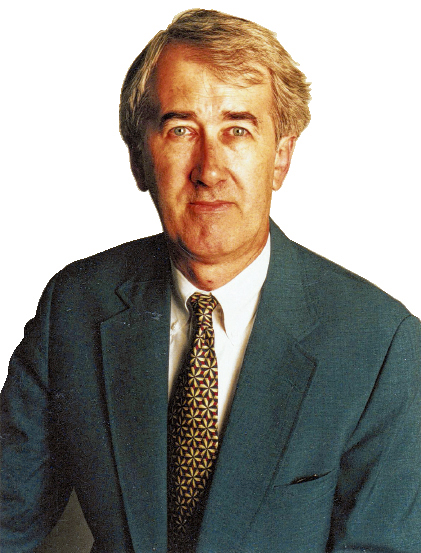Republicans anxious to win the White House in 2016 have for months seemed afflicted with angst - "anxiety, apprehension, or insecurity." But the crowded field of candidates, mostly presidential never-will-bes, suggests another adjective: "dread," the fear that nominating the wrong candidate will produce terrible consequences down-ballot.
It has happened before, to both parties. When Republicans nominated Arizona Sen. Barry Goldwater in 1964, convinced that "In your heart, you know he's right," voters responded with an electoral shellacking. Six years later, President Nixon won a second term by defeating the Democrats' nominee, Sen. George McGovern, in a landslide.
So far, the 2016 campaign is unusual, and not just because of the crowded Republican field. Many GOPers have been stunned by the differing strengths of Donald Trump, Ben Carson and Jeb Bush, though for different reasons.
Trump favors rants over serious "solutions" but many primary voters weary of politicians' scripted talking points have embraced his blunt talk. Carson, despite his pleasant demeanor, still hasn't demonstrated a grasp of issues expected of would-be presidents. Whether they will fade when voters begin passing judgment in primary elections is an open question.
Then there is Jeb Bush, whose stalled campaign contradicts earlier expectations. Supporters have raised more than $100 million but his single-digit poll standings suggests the campaign needs a new song. Maybe the Beatles' "Can't Buy Me Love."
The Paris terrorist attack intervened recently, giving Americans an opportunity to consider how our candidates might respond to a similar disaster.
No one can predict future dangers, such as deadly weather or the need to commit American servicemen and women to war. But that is when President Franklin Roosevelt's advice - "The only thing we have to fear is fear itself" - is crucial.
After the Paris attacks, it is reasonable to assume that as a former Secretary of State, the breadth of Hillary Clinton's knowledge of foreign issues would be a valuable asset. Other politicians' responses, unfortunately, were not reassuring.
Seizing on the Syrian refugee issue, governors and presidential candidates have stoked the fears of many Americans about Muslim refugees who fled Syria amid the Islamic State's murder of nearly a quarter-million of their fellow citizens.
Governors reasonably want stringent vetting of refugees and some have declared they will not allow any more Syrian refugees in their states. But presidential candidates, sensing a political advantage, are a yapping chorus peddling fear.
GOP "solutions," reported by ThinkProgress.com: deportation, defunded federal resettlement programs, rejection (except Christians) and an end to humanitarianism. Gov. Chris Christie, whose candidacy is on life support, says New Jersey will not even accept Syrian orphans younger than 5. Because, you know, kids these days.
GOP higher-ups, watching candidates battle over who can lean furthest to the right, have openly worried that another presidential loss could doom the party to irrelevance. That's unlikely but clearly its conservative base is driving the candidates' stance.
Democrats are enjoying the GOP's tribulations, but they should contain their glee. As a congressional minority, and having lost hundreds of governorships and legislative offices since 2010, the party has plenty on its own plate.
Partisan rancor and subservience to special interest has produced bipartisan gridlock in Congress that transcends ideologies and undermines governance. Congressional ineffectiveness is another leadership burden for the next president.
Meanwhile, political Darwinism is winnowing candidates burdened by anemic polls and funds. But those current front-runners? Primary voters will likely conclude that "in their hearts they know [Trump and Carson] are wrong."
Michael Loftin is former editorial page editor of The Times.

